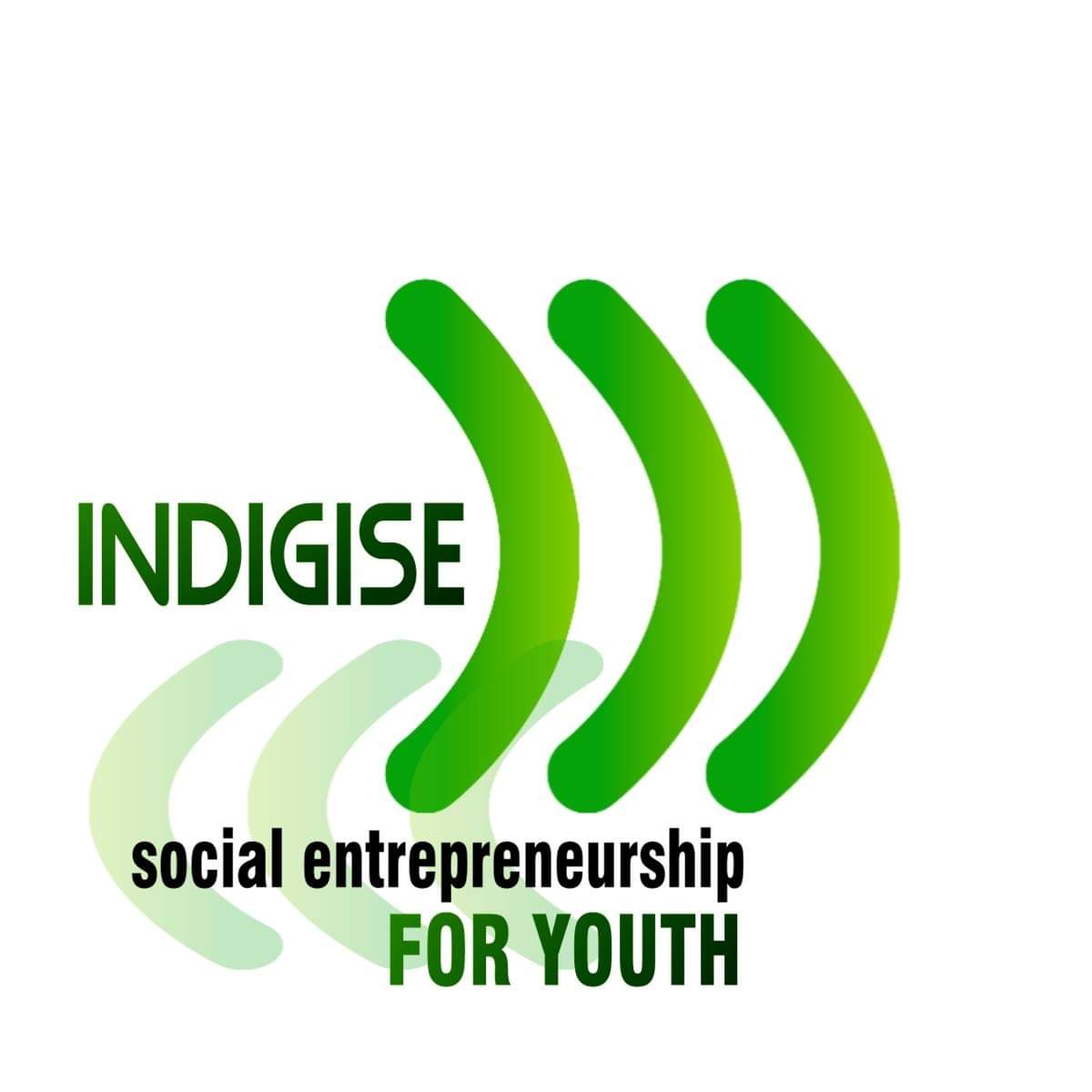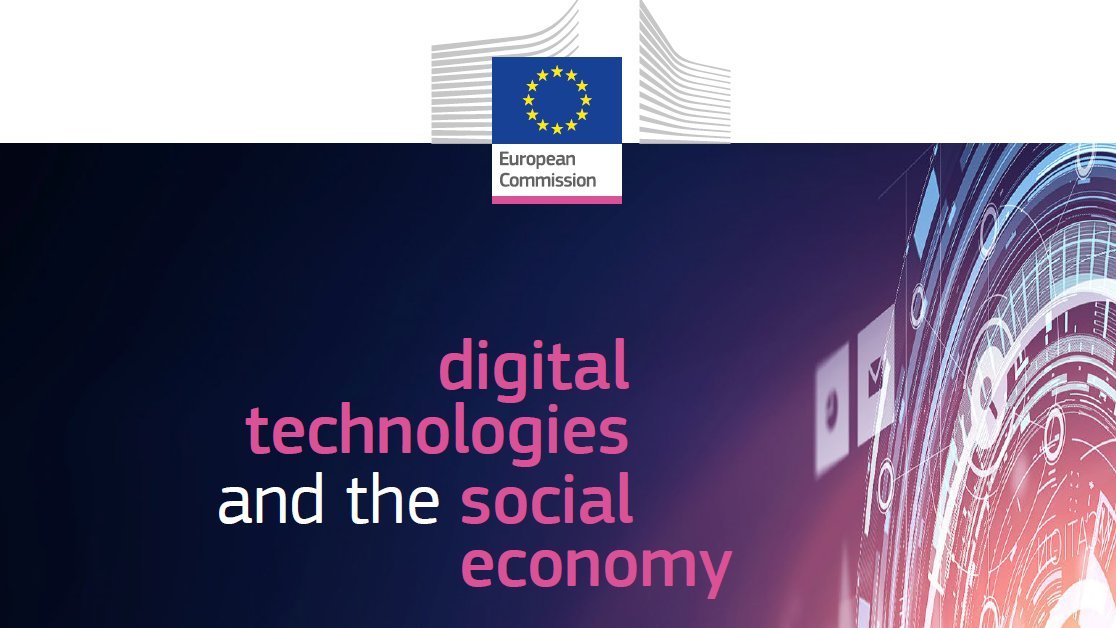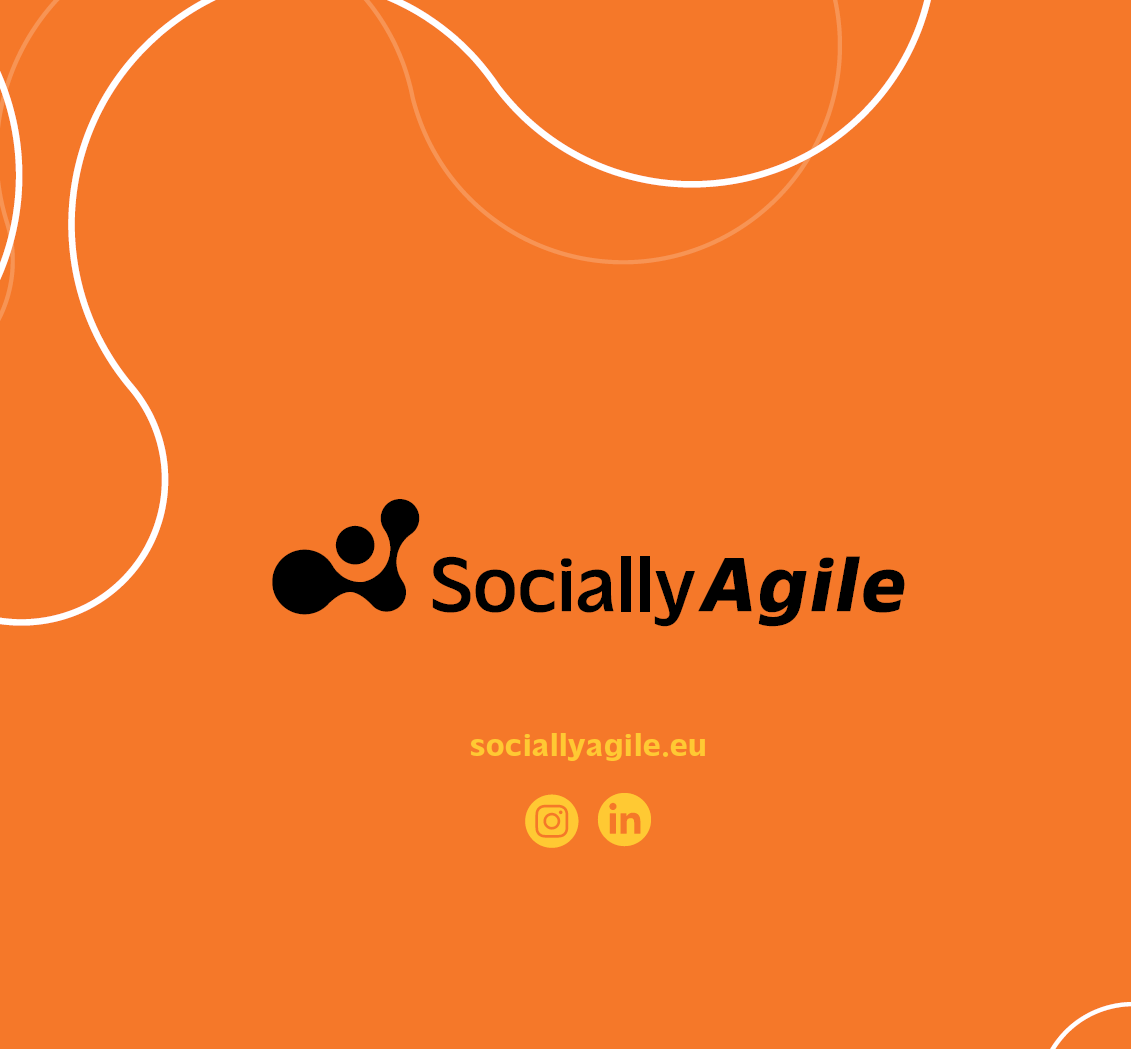It will do so to
- reinforce their e-skills and the uptake of new technologies in their entrepreneurial strategy
- discuss the opportunities and challenges they face in digitising their operations
- spread best practices of social economy organisations in the uptake, development, usage and co-creation of digital tools and technologies.
We especially recommend the section Tools for Digitisation DIGITAL PLATFORMS:
Digital platforms offer unprecedented opportunities for networking and collaborations. Their impact goes beyond physical reach. Social economy actors are increasingly using digital platforms to marshal community engagement and foster collaborations with public and private stakeholders more effectively and efficiently than ever before.
Traditional/off line means, such as word-of-mouth or faceto-face interactions, cannot compare with digital-platformbased interaction. For example, fundraising over crowdfunding and crowdsourcing platforms regularly outperform traditional fundraising events. Digital social economy platforms – digital platform technologies used for social economy purposes – are technological ecosystems where different social economy actors, including producers, users, service providers, can create and combine flexibly their offerings of services, products and content by combining specific software applications. The digital environment governed by the social principles of democratic ownership, fairness and shared governance.
Digital social economy platforms are disrupting long established sectors such as banking, energy production and distribution, education, transport, health. They are changing established hierarchies and control of information. In platform-based utility cooperatives, for example, consumers are transformed into prosumers, a new term for people engaged both in production and in consumption.
Read the reports here:
New technologies and digitisation – opportunities and challenges for the SE_ENG
ING5464_QPLAN_EASME Brochure 21-09-20
Reference: Gagliardi D., Psarra F., Wintjes R., Trendafili K., Pineda Mendoza J., Haaland K., Turkeli S., Giotitsas C., Pazaitis A., Niglia F., (2020), New Technologies and Digitisation: Opportunities and Challenges for the Social Economy and Social Enterprises. European Commission, Executive Agency for SMEs, DOI: 10.2826/767888.
Accessed on: https://ec.europa.eu/growth/content/new-technologies-and-digitisation-opportunities-and-challenges-social-economy-and-social_en


This article has been prepared within INDIGISE project. The content of this article is the sole responsibility of the project coordinator and may not always reflect the views of the European Commission or the National Agency.














Leave A Comment